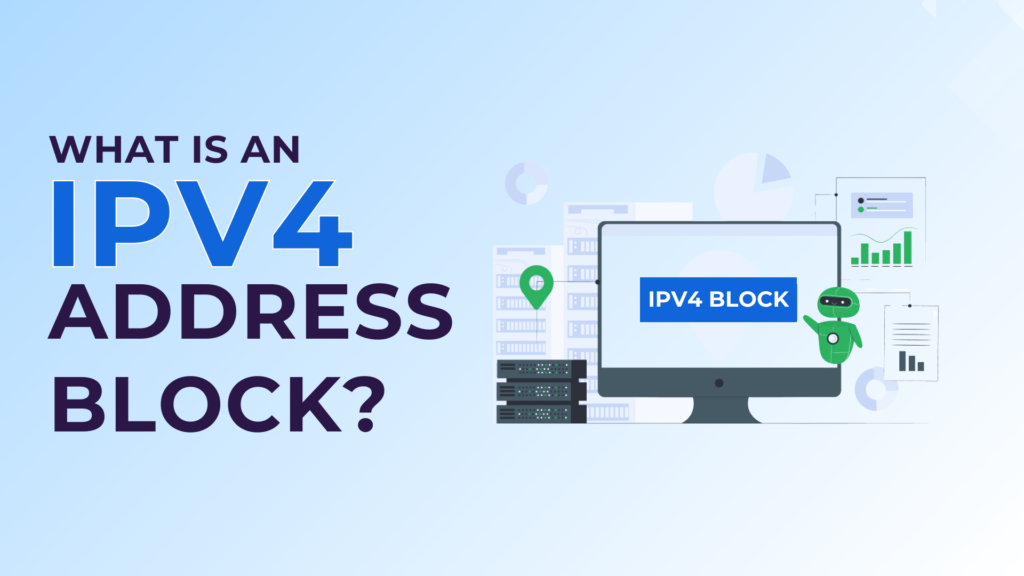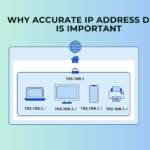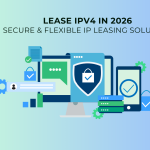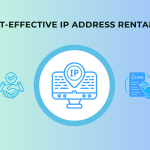An IPv4 address block is a term used to describe a range of IP addresses that are assigned to a specific entity. This range of addresses is utilized to identify and communicate with devices on a network. The IPv4 block is a valuable resource that must be managed carefully due to the finite nature of IPv4 addresses.
How Can IPv4 Blocks Be Used?
IPv4 blocks are used to define the address space for a network. IPv4 addresses are divided into network and host addresses. The network address identifies the network on which a device is located, while the host address identifies the specific device within that network. IPv4 blocks are used to define how address space is allocated within a network.
Types of IPv4 Blocks
There are five types of IPv4 blocks:
- Class A: Networks use a default mask of /8, allowing for a maximum of 16,777,214 addresses.
- Class B: Networks use a default mask of /16, allowing for a maximum of 65,536 addresses.
- Class C: Networks use a default mask of /24, allowing for a maximum of 256 addresses.
- Class D: Used for multicast addresses.
- Class E: Reserved for future or experimental use.
Benefits of Having IPv4 Blocks
- Subnet Creation: Having an IPv4 block allows the creation of subnets, which can be used to segment a network for security or performance reasons.
- Private IP Addresses: IPv4 blocks enable the use of private IP addresses that are not routable on the public Internet, helping keep internal network traffic separate.
Control Over IP Addresses: An IPv4 block gives more control over IP addresses, allowing for static IP assignment and IP address blacklisting.
Selling IPv4 Blocks
What it is: Selling IPv4 blocks involves transferring ownership of unused IPv4 address ranges to other entities.
Why it matters: IPv4 addresses have become valuable due to their scarcity. When introduced in 1981, engineers believed 4.29 billion IP addresses would suffice, but rapid internet growth exhausted them.
Market demand: Due to increasing demand and diminishing supply, IPv4 prices have climbed significantly over the past few years, providing IP holders with an opportunity to monetize their assets.
Advantages of selling:
- Immediate cash: Selling provides a lump sum payment.
- Asset disposal: If you don’t want to manage the assets, selling is a straightforward option.
Considerations:
- IP leasing: Before selling, explore IP leasing (see next point).
- Brokers: Reputable brokers facilitate transparent transactions, connecting sellers with buyers.
Buying IPv4 Blocks
Purchasing IPv4 blocks involves acquiring ownership of IPv4 address ranges from other entities. This is often necessary for businesses and organizations requiring additional IP addresses for their operations due to network expansion or increased demand.
Leasing IPv4 Blocks
Leasing IPv4 blocks allows organizations to temporarily obtain IP address ranges without permanent ownership. This can be a cost-effective solution for short-term projects or for businesses that do not wish to commit to purchasing addresses.
Conclusion
Overall, having an IPv4 block can be beneficial for organizations of all sizes. It provides the flexibility to create subnets, utilize private IP addresses, and maintain control over IP allocation. If you are unsure if an IPv4 block is right for you, consult with your network administrator or IT department. They can help determine if an IPv4 block would be beneficial for your organization. If you are interested in obtaining an IPv4 block, you can either buy an IPv4 block or lease an IPv4 block.
For those with unused IPv4 addresses, selling IPv4 blocks can be a lucrative opportunity, especially given the current market demand and pricing trends. Whether you choose to sell, buy, or lease, managing IPv4 blocks effectively is crucial in today’s interconnected world.
Frequently Asked Questions
An IPv4 address block is a range of IP addresses assigned to a specific entity, used to identify and communicate with devices on a network.
IPv4 blocks define the address space for a network, with network addresses identifying the network and host addresses identifying specific devices within that network.
There are five types of IPv4 blocks:
- Class A: /8, up to 16,777,214 addresses.
- Class B: /16, up to 65,536 addresses.
- Class C: /24, up to 256 addresses.
- Class D: Used for multicast addresses.
- Class E: Reserved for future or experimental use.
IPv4 addresses are valuable due to their scarcity. Initially, 4.29 billion IP addresses were believed to be sufficient, but rapid internet growth has exhausted this supply, increasing demand and value.
Selling IPv4 blocks involves transferring ownership of unused IPv4 address ranges to other entities, providing a lump sum payment and asset disposal for the seller.
Buying IPv4 blocks involves acquiring ownership of IP address ranges from other entities, often facilitated by brokers or online marketplaces.
Leasing IPv4 blocks allows organizations to temporarily obtain IP address ranges without permanent ownership, suitable for short-term projects or avoiding the commitment of a purchase.






